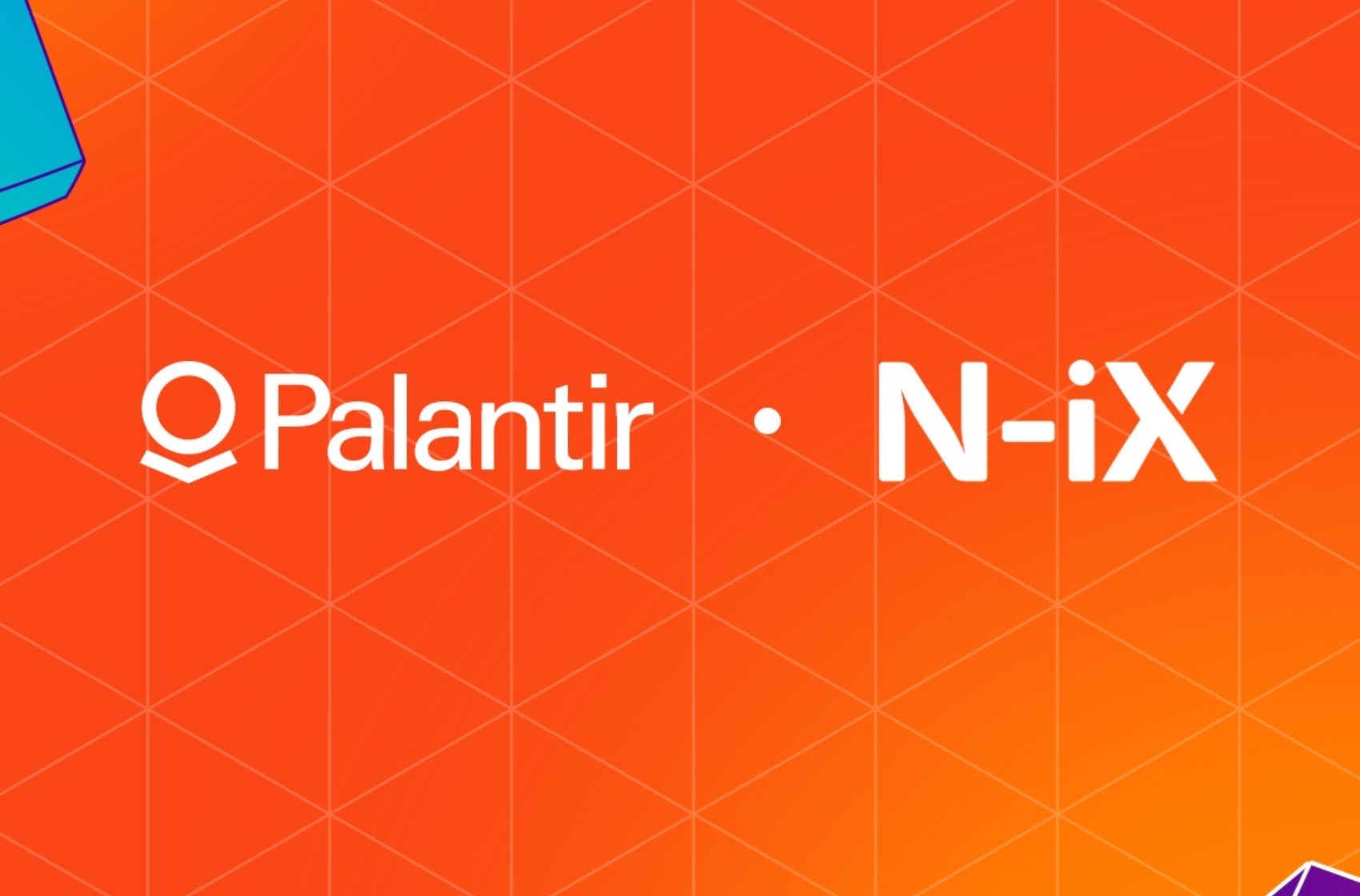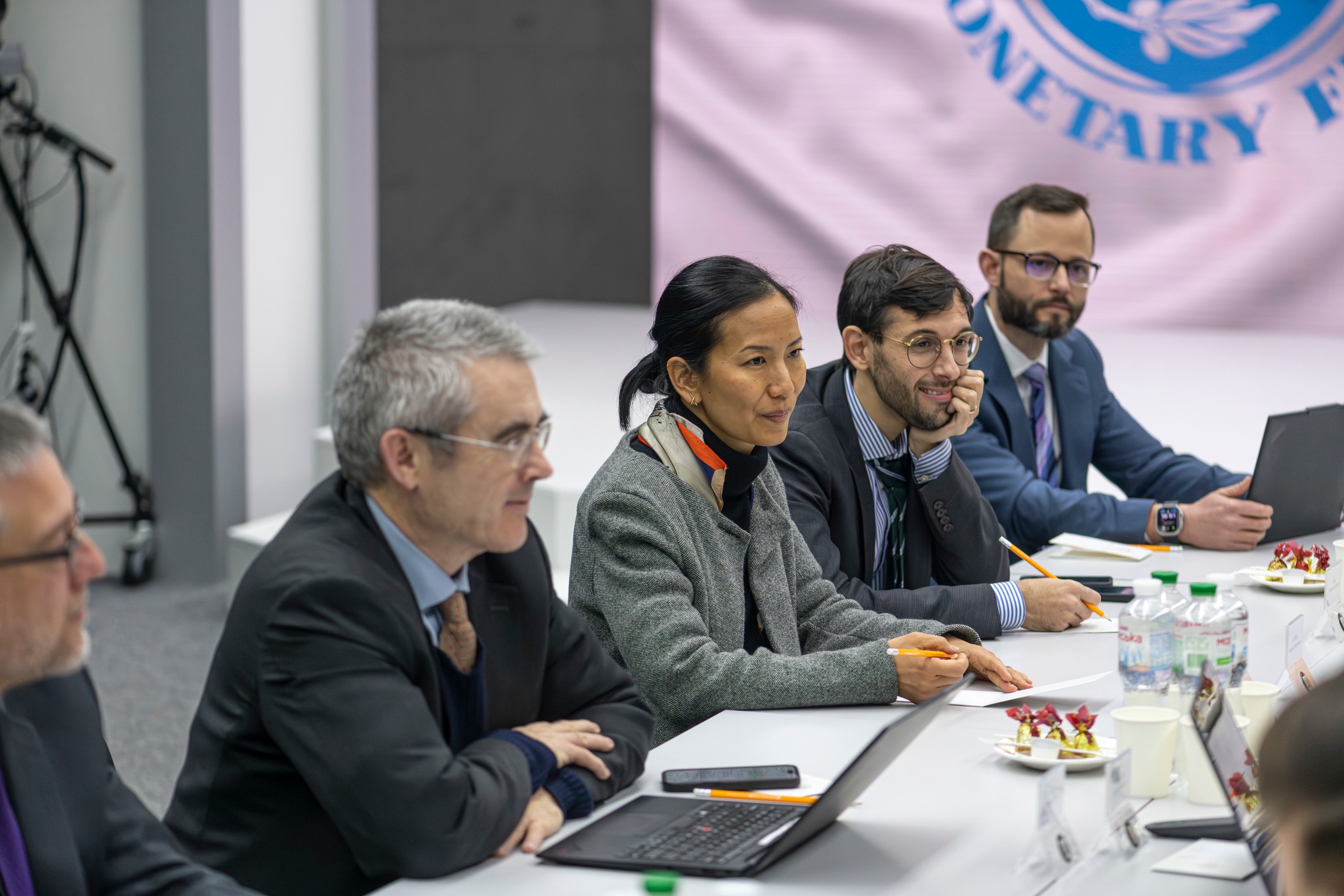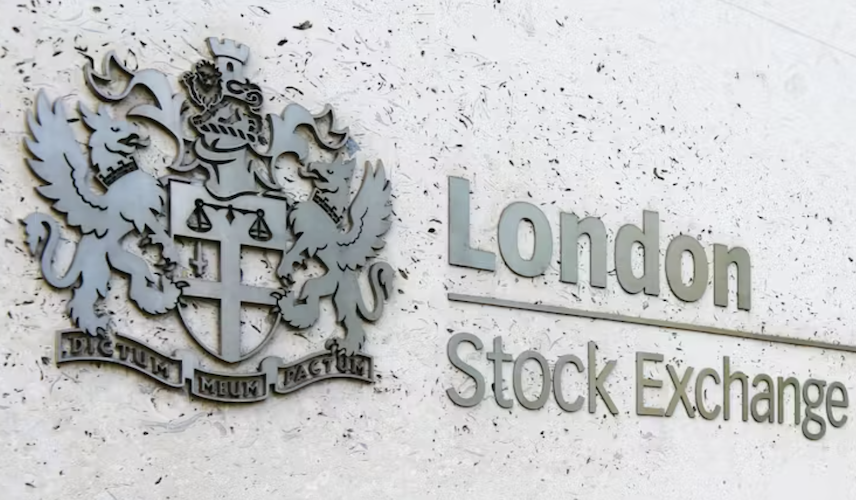The National Agency on Corruption Prevention will change its approach to annual checks of officials. Artificial intelligence will be involved in systematic declaration reviews, as reported by the NACP press service.
During a briefing, the head of NACP, Artem Sytnyk, announced changes to the verification of electronic declarations of top officials and civil servants. The amendments to the declaration checks, which were previously insufficiently effective, became possible after the adoption of changes to the anti-corruption law. Thus, NACP employees will now be able to scrutinize not only the declarations of top officials but also those of other civil servants.
"NACP is changing its approach to the selection and verification of declarations. Previously, NACP was obliged to annually check the declarations of all top officials, selecting declarations for a full check based on the position category, primarily the President of Ukraine, ministers, members of parliament, judges of the Constitutional Court of Ukraine, and the Supreme Court. Over 99% of declarations were not subject to systematic NACP control, and the inspection of officials in other positions was only possible upon citizens' requests, materials of journalistic investigations, or in cooperation with law enforcement agencies. As a result, we did not meet society's expectations for declaration checks. So, what has changed? Now, the selection of declarations will be based on the results of a risk assessment of the declaration, i.e., depending on the risk rating indicator. This became possible because changes were made to the Law of Ukraine "On Prevention of Corruption," which eliminated the obligation to annually check all declarations of top officials, allowing us to practically change the approach to the selection of declarations for risk-oriented verification," said Artem Sytnyk.
Over the past one and a half years, when the mandatory submission and verification of declarations were suspended, NACP focused on monitoring lifestyles and used this time to develop IT products that could facilitate the implementation of the new approach. It aimed to optimize the work of authorized NACP persons, making full checks a more effective tool for financial control.
"All submitted declarations will undergo a risk assessment. Declarations with the lowest risk rating and eligible for automated verification will be checked using artificial intelligence, specifically through an automated verification mechanism. This involves comparing declaration data with other registries, checking with certain 'formulas,' for example, to identify signs of illegal enrichment or the presence of unjustified assets, and so on. Obtaining a certificate of passing automated verification will not mean that the declaration has undergone a full check but will indicate that it has a minimal risk coefficient. We anticipate that one-third of declarations will undergo this verification. NACP can revisit them if new facts are discovered, or if there are reports of signs of unreliable declaration. The remaining 70% of declarations will be selected for a full check, with those having the highest risk rating distributed for inspection to authorized NACP personnel through automated allocation. The possibility of human intervention in the procedures of auto-verification or auto-allocation is excluded; this is carried out by the machine using software products with security measures in place," said the Deputy Head of NACP.
"The results of auto-verifications will be visible to the public: there will be a corresponding mark next to such declarations in the public section of the Declaration Registry. A bit later, a relevant filter will be added, allowing users to see the number of officials who have undergone such verification and determine which agencies and sectors have the highest number of such declarants," summarized Artem Sytnyk.





















